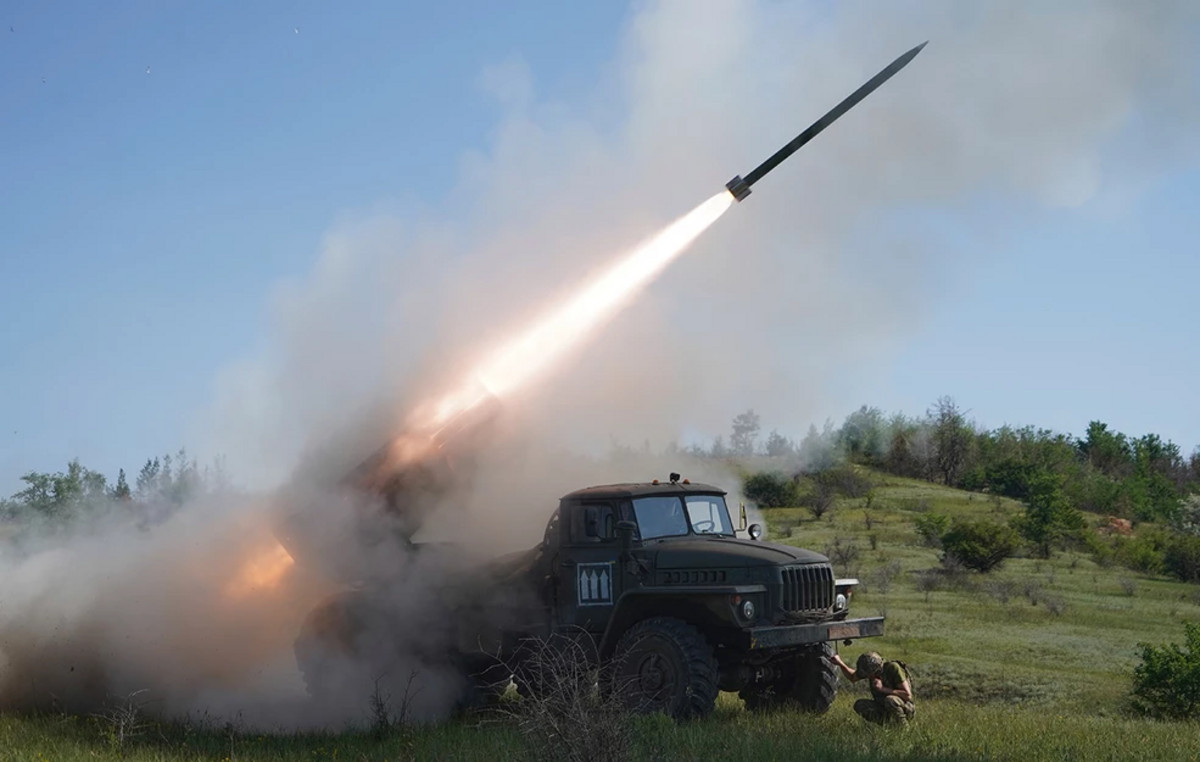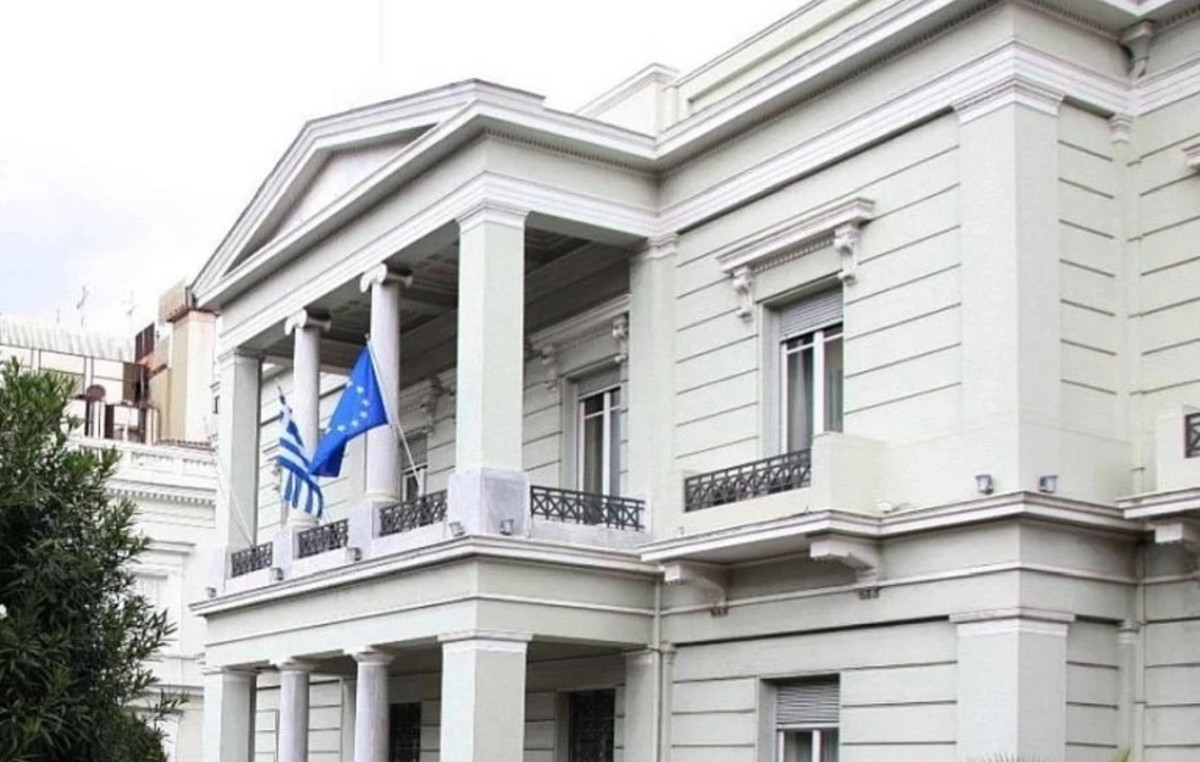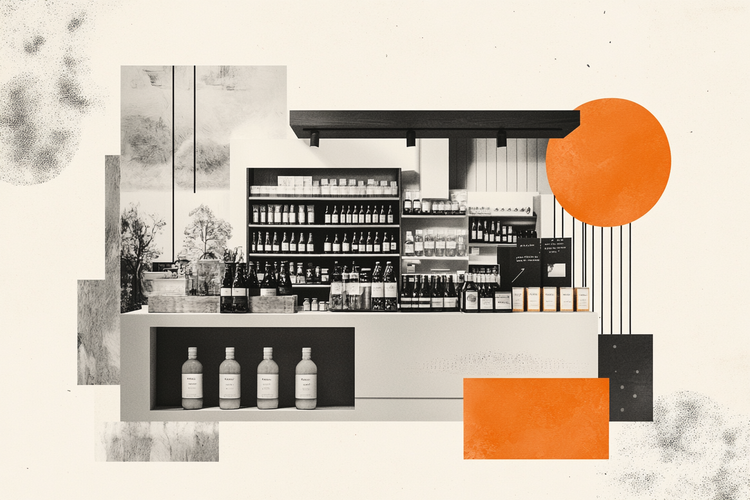Dealing with assets after the owner’s death is always a bureaucracy, and it can be even bigger if we consider assets from a still unregulated market, such as cryptocurrencies and NFTs.
Unlike what happens with the bank account balance, in which a judge only needs to request the amounts through an inheritance request, digital assets have some barriers in the transmission of assets because they are decentralized.
A study by the Cremation Institute found that 89% of cryptocurrency owners worry about what will happen to their assets after they die. However, only 23% have a documented plan.
André Salgado Felix, a partner at the firm Ernesto Borges Advogados, presents two possibilities to give legal certainty to the investor in the event of succession due to death: having in the will the keys that guarantee access to cryptoassets, “thus, the heirs will have no difficulty in accessing them”.
Another option is to hire a qualified custody service, in which it will be possible to follow the dictates of inheritance law similar to other financial assets, such as shares in custody.
Tatiana Revoredo, a professor at Insper, also suggests a third option, the use of multisig wallets (or multiple signature wallet), in which three keys are made for handling cryptocurrencies, but only two are required to sign transactions with crypto-assets.
Therefore, the death of the crypto asset holder would not prevent access to cryptocurrencies, tokens and NFTs, as two other people could access the wallet.
According to experts interviewed by the CNN Brasil Businessthere are no national companies focused only on the cryptocurrency and token inheritance market.
Vanessa Butalla, executive director of Legal, Regulatory and Compliance, at Grupo 2TM, an ecosystem of fintech companies, explains that the company carries out individualized control of crypto assets on behalf of its clients.
So that, in the event of death, the company can transfer ownership of the deceased’s assets to his heirs in accordance with the succession process provided for in civil law.
The Succession Law works in two ways: via probate, when the heirs carry out a legal process after the death of a person; or via declaration, when the deceased made a will about how he would like to share the assets.
mishaps
The big problem, according to the interviewees, is the cryptoassets stored by a holder in a digital wallet without custody, which, as a rule, the heirs will need to know the holder’s keys to be able to carry out the transfer.
“Given that it is a decentralized system, without a company or body responsible for controlling ownership and corresponding changes”, highlights Vanessa.
The ownership of cryptoassets stems from records on the blockchain network; therefore, to access their assets, the user must have a key (a kind of login and password) – a mechanism used to “keep security [dos investimentos]”, says the Insper teacher.
In other words, “ownership is a matter of fact, not law,” says Felix. As only those who have the private key can dispose of the crypto assets, “this point is related to the difficulty of identifying the ownership of these virtual assets”, highlights the lawyer.
Cryptocurrencies were also created to be transacted directly, without intermediaries. “In this way, the user must protect his key, keeping it in a safe place”, says Revoredo.
Thus, for the teacher, the biggest security problem of cryptoassets (cryptocurrencies, tokens, NFTs) is in their access, due to loss of the private key or password forgetfulness.
Next step
A bill that began to be discussed in the Federal Senate aims to regulate digital inheritance. PL 365/2022 creates rules on the possession and management of digital documents and internet accounts after the user’s death.
The project was authored by Senator Confúcio Moura (MDB-RO) and defines digital heritage as the “set of information, data, sounds, images, videos, graphics, texts, computer files and any other form of content owned by the user” .
PL 365/2022 establishes that succession related to digital inheritance can be registered by will or through the internet applications that offer this functionality.
External market
Abroad, on the other hand, there are already companies looking to specifically serve the cryptocurrency and token inheritance market. The European company Parity Technologies created Ternoa, a blockchain that creates security capsules in the event of death.
Within the system, it is possible for the customer to perform a countdown, in which the cryptocurrency owner defines a number of days, months or years, for the capsule to be sent.
So, if an investor is going to take a dangerous trip, for example, he can schedule his heir to receive the digital assets if he doesn’t connect to his wallet within a predetermined time.
Another solution offered by Parity Technologies is the death protocol, in which, through public and official records of a customer’s death, the capsule is sent to a beneficiary registered on the blockchain.
For the capsules to work, Ternoa redirects the files to other blockchains specialized in decentralized storage such as Storj, Sia or Arweave
*With information from Pedro Zanatta, from CNN Brasil Business
Test your knowledge about cryptocurrencies
Which of these cryptocurrencies exists?
What does it mean to mine cryptocurrencies?
Are cryptocurrencies currently taxed?
Which billionaire recently made cryptocurrency prices go up and then down?
What is the main difference between digital currency and cryptocurrency?
What does the term “halving” mean in bitcoins?
What is a blockchain?
When was the world’s first cryptocurrency created?
And what was the first cryptocurrency to be created?
Can I invest in cryptocurrencies through an investment fund in Brazil?
What was the highest value Bitcoin has ever reached in its history?
Is it possible to mine more than one cryptocurrency at the same time?
Which of the cryptocurrencies below is Brazilian?
What is the most traded cryptocurrency in the world?
How much energy does bitcoin production consume?
It’s okay — there’s still room to learn. Do not give up!
Congratulations! It is already you who will mine bitcoins
Well, well, looks like we have a cryptocurrency expert around here!
Source: CNN Brasil
I am Sophia william, author of World Stock Market. I have a degree in journalism from the University of Missouri and I have worked as a reporter for several news websites. I have a passion for writing and informing people about the latest news and events happening in the world. I strive to be accurate and unbiased in my reporting, and I hope to provide readers with valuable information that they can use to make informed decisions.







